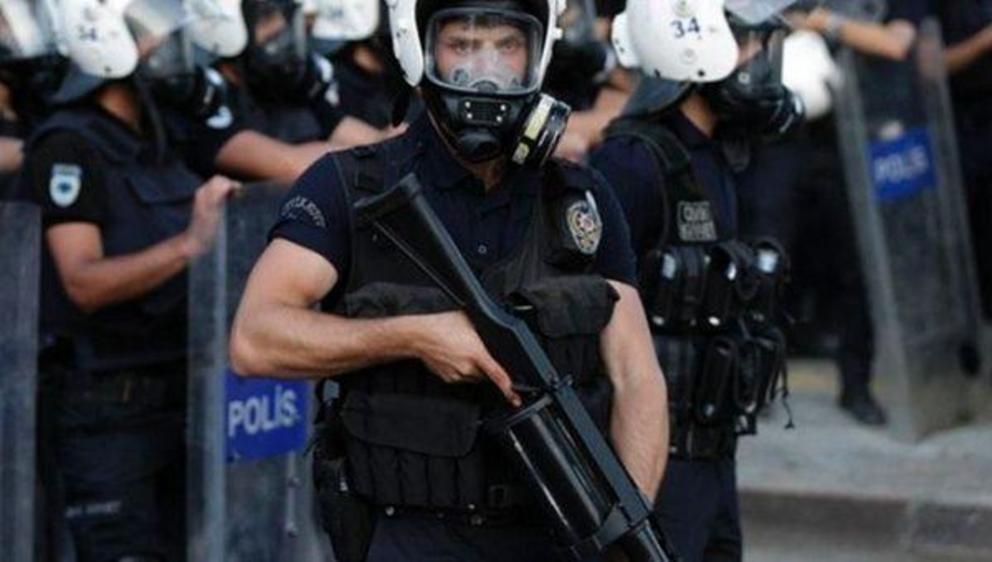US police militarization leads to more violence
... targets black people: study
"The routine use of militarized police tactics by local agencies threatens to increase the historic tensions between marginalized groups and the state,” Mummolo said.
A new study shows that militarizing police units has a reverse effect on communities, triggering higher levels of violence, distrust towards law enforcement, and discrimination.
Some 9,000 law enforcement agencies were under inspection in a recent analysis published by the Proceedings of the National Academies of Science Journal last week when a Princeton University professor gauged the real benefits of militarized units in communities.
“I started getting curious about what we actually know about militarized policing, in terms of the claimed benefits and the purported costs that are asserted by critics,” said study director, Professor Jonathan Mummolo.
“There’s not a lot of data readily available, and in many cases depending on which type of agencies you’re studying, there may not be any data that exist at all,” he said.
In his report, Mummolo notes that, unlike local police officers, SWAT teams receive advanced combat training and therefore have a higher commitment to both military equipment and training.
However, the majority of SWAT deployments occur to issue warrants or in non-emergency situations and primarily directed towards African-American communities where “ trust in law enforcement is already depressed.”
"The routine use of militarized police tactics by local agencies threatens to increase the historic tensions between marginalized groups and the state,” Mummolo said.
Research shows that, between 1997 and 2014, the Department of Defense donated US$4.3 billion worth of military equipment as well as deployed SWAT units to over 50 percent of the country's law enforcement agencies.
In a pair of surveys, the professor also asked 6,000 people to comment on their impressions of a highly militarized police force. The majority felt it gave the appearance of affluence to the law enforcement agency while others believed it gave the impression of higher crime in those areas.
Mummolo concluded that the practice had “no detectable public safety benefits” and only “stunted civic participation,” which negatively affected police criminal investigations.
“Taken together, these findings suggest that curtailing militarized policing may be in the interest of both police and citizens,” the researcher said.

